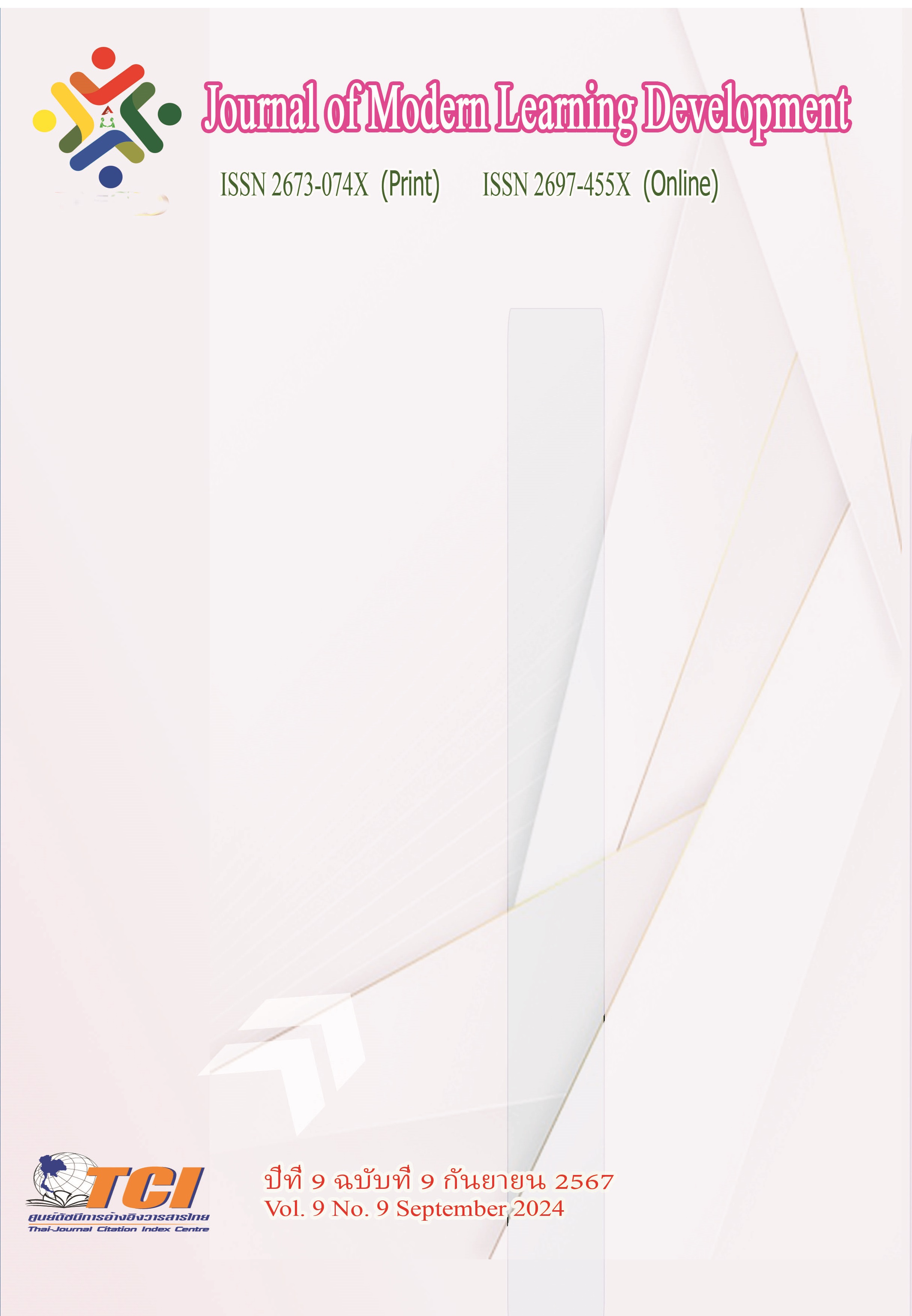The Research on the Employing Ability Analysis and Improvement Strategies of Applied College Students Based on the Improved Career EDGE Model
Main Article Content
Abstract
Based on the Career EDGE model, this study improved the employability scale of college students from applied universities in China, and designed a questionnaire to investigate the current situation of employability of graduates from three applied universities in the S region of China. The questionnaire data were analyzed and explored for internal consistency reliability. Sexual factor analysis and T test analysis.Statistical results show that the employability of graduates from applied universities is above average. Among them, personal characteristics, professional knowledge and skills, and emotional intelligence have been relatively well cultivated, but they lack the ability to cultivate career planning. There are significant differences in the employability of college students with different identities, different majors, whether they are only children, and whether they have specialties. There are no significant differences in gender, different places of origin, and different family environments. Based on the statistical results and combined with the characteristics of application-oriented universities, it is proposed that universities should build employment guidance platforms for students, enrich professional training, and expand multiple employment channels. Students should make their own career plans and strengthen communication with tutors to obtain more appropriate employment guidance.
Article Details
References
Chen, T. (2023). Analysis of the current situation and countermeasures of the employability of students in application-oriented colleges and universities. Journal of Hubei Open Vocational College. 1 (1), 37-39.
Chen, Z., Deng, Y., & Shen, Y. (2012). Influencing factors on migrant workers' employability. Journal of Jianxi Agricultural University: Social Sciences Edition. 2 (1), 14-19.
Li, H., & Hou, J. (2019). Research on the approaches to improving English major undergraduates' employability in different grades—Based on an investigation of English major undergraduates' employability in C University. China University Students Career Guide. 5 (1), 44-49.
Lorraine Dacre Pool, P. Q., & Peter J. Sewell. (2014). Exploring the factor structure of the CareerEDGE employability development profile. Education + Training. 56 (4), 303-313.
Liu, M. (2021). Research on the employment status of "post-2000" graduates from local applied colleges. The Guide of Science & Education. 24 (8), 49-50.
Lyu, Z. (2020). Research on college students’ employment competency model based on key performance indicator theory. Contemporary Vocational Education. 4 (1), 78-89.
Ma, Y., & Xue, H. (2016). The analysis on British college students' employability career EDGE model: Its content system and practical application. Studies in Foreign Education. 11 (1), 109-119.
Men, Y. (2022). A study on the employability of "newly unemployed" college students in Western China from the perspective of Career-EDGE theory. China University Students Career Guide. 7 (1), 9-15.
Mou, B., & Li, Y. (2019). A summary of research on employability of art design graduates. Design. 23 (1), 122-125.
Shen, Y., & Xia, J. (2019). Characteristics of applied talents and the construction of their training system. China Higher Education. 8 (1), 34-36.
Shi, Y., & An, G. (2014). Investigation and analysis of college students' psychological capital and employment ability. Science of Social Psychology. 4 (1), 64-72.
Wang, Y. (2013). The impact of psychological capital on employability. Chinese Journal of Applied Psychology. 1 (1), 65-71.
Xu, C. (2006). Interpersonal circle: Comparison of only-child and non-only-child college students. Youth Exploration. 6, 37-40, 46.


